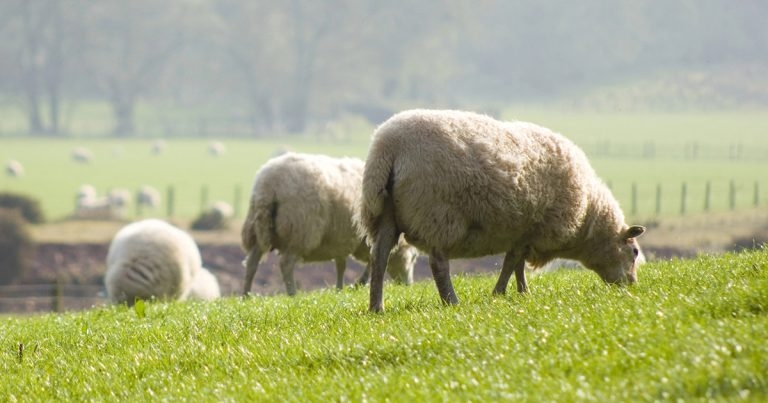2 Sept 2024
A total of 27 animals across 10 sites in Norfolk and Suffolk are now known to have the virus and officials say there is now evidence it is being transmitted locally.

Image © travelwitness / Adobe Stock
New bluetongue restrictions have been imposed across two English counties amid fears the virus is now beginning to circulate locally.
Ten premises in Norfolk and Suffolk are now known to have been affected by the BTV-3 strain since the first case of the new season was confirmed last week.
A new restricted zone, covering both counties, came into force on Friday evening (30 August) in response to evidence of “some local transmission” of the virus.
Officials say the new rules, which impose substantial restrictions on animal movements, are intended to minimise the risk of further cases and UK CVO Christine Middlemiss warned keepers “must urgently act now” to help prevent further transmission.
She said: “We have not taken this action lightly and we are clear that farmers and their vets must remain vigilant and report any suspicions to APHA immediately.”
Latest published figures show 27 animals are known to have contracted the virus across the 10 infected sites, with five of those locations confirmed on Saturday 31 August alone.
All of the infected premises are under restrictions with movements of susceptible animals – including cattle, sheep and goats, plus other ruminants and camelids – only permitted under licence.
Elsewhere, vulnerable species can only be moved out of the restricted zone under licence, although “essential” movements within the zone are permitted without one.
A new webinar on the situation, hosted by the AHDB, is due to take place this Wednesday, 4 September, at 3pm. Places can be booked at the AHDB website.